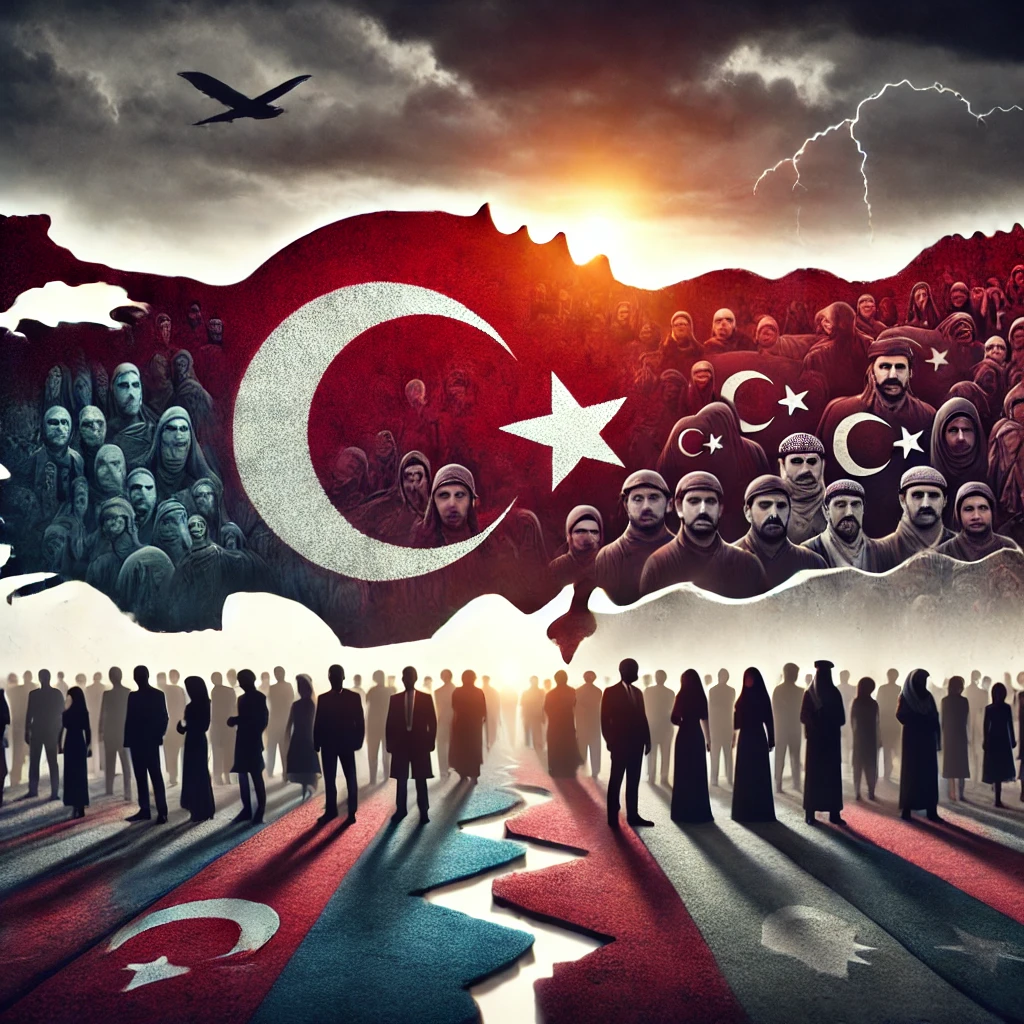In recent years, Tengrism has garnered increasing attention in Kyrgyzstan, with efforts to formally recognise it as a religious group facing both support and opposition. This ancient belief system, deeply rooted in the shamanic traditions of Central Asia, is seen by some as a religion, while others view it more as a philosophy or a way of life. As the debate continues, Tengrism’s place within the religious landscape of Kyrgyzstan remains uncertain, especially in a country where Islam is the predominant faith.
Supporters of Tengrism in Kyrgyzstan have long sought to have it recognised as a formal religious institution. The first major push for official recognition came in 2012, led by Anarbek Usupbaev, an activist who attempted to register his organisation, Tengirchilik, as a representative of the Tengrism faith. However, this effort met resistance. Irina Balashova, an expert on world cultures and religions, was part of a committee that reviewed Tengrism and concluded that it was more of a cult than a religion. The state commission echoed this sentiment, ruling that it did not meet the criteria to be considered a full-fledged religion.
Despite the committee’s decision, Usupbaev and his supporters continued their campaign, presenting further evidence to challenge the initial ruling. Usupbaev claims that the commission’s view shifted after he showed them previously unseen literature on Tengrism, leading them to reconsider their stance. However, the dispute over its status has persisted, with court rulings and state reviews adding more complexity to the situation.
While some scholars, like Zakir Chotaev of the Kyrgyz state commission for religious affairs, argue that Tengrism cannot be classified alongside formal religions like Christianity, Islam, or Buddhism, others believe it deserves official recognition as an ancient faith. Chotaev and other officials worry about the potential for religious tension, as Islam holds a dominant position in the country. Indeed, incidents of conflict between Tengrist and Muslim groups have already occurred, with each side expressing hostility towards the other’s beliefs.
For example, in 2011, a prominent Tengrist made inflammatory remarks about Muslim leaders, leading to a criminal investigation. Similarly, in 2018, a well-known Muslim preacher denounced Usupbaev as an “unbeliever” in a sermon, highlighting the challenges that Tengrism faces in gaining wider acceptance.
The crux of the debate is whether Tengrism should be classified as a religion at all. Many followers of Tengrism, such as security analyst Arslan Korgonbekov, argue that it is more of a philosophical system than a structured religion. Korgonbekov believes that the formal registration of Tengrism would lead to commercialisation and distortion of its original values. Others share this sentiment, viewing Tengrism as a personal, spiritual belief system rather than a religion requiring rituals, temples, or priests.
Local artist Nariste Alieva also opposes the formalisation of Tengrism, expressing concern that its spiritual essence would be lost if it were institutionalised. For her and others, Tengrism represents a mindset rather than a formal faith, and official recognition could dilute its power and freedom.
Despite the opposition, there are those who see formal recognition as a way to promote Tengrism and ensure its survival. Activist Gulzat Aalieva believes that registration would enable Tengrist groups to acquire communal spaces, further develop their spiritual values, and spread awareness of their beliefs. Aalieva is currently working on a series of books that aim to document all aspects of Tengrism in detail. For proponents like Aalieva and Usupbaev, the struggle to gain legal status for Tengrism is not only about recognition but also about the preservation of Kyrgyz cultural heritage.
The dispute remains unresolved, with Usupbaev recently filing another legal complaint against the state commission for religious affairs, accusing them of ignoring a court ruling in his favour. The outcome of this latest challenge could have significant implications for the future of Tengrism in Kyrgyzstan.
The debate surrounding Tengrism reflects broader questions about the nature of religion, belief, and identity in modern Kyrgyzstan. As efforts to formalise it continue, the movement remains divided on whether it is a faith to be institutionalised or a philosophical worldview that thrives on personal freedom. What is clear is that Tengrism, regardless of its official status, continues to play an important role in the spiritual lives of many Kyrgyz people.
Sources: Adapted from IWPR and CABAR Asia reports.






